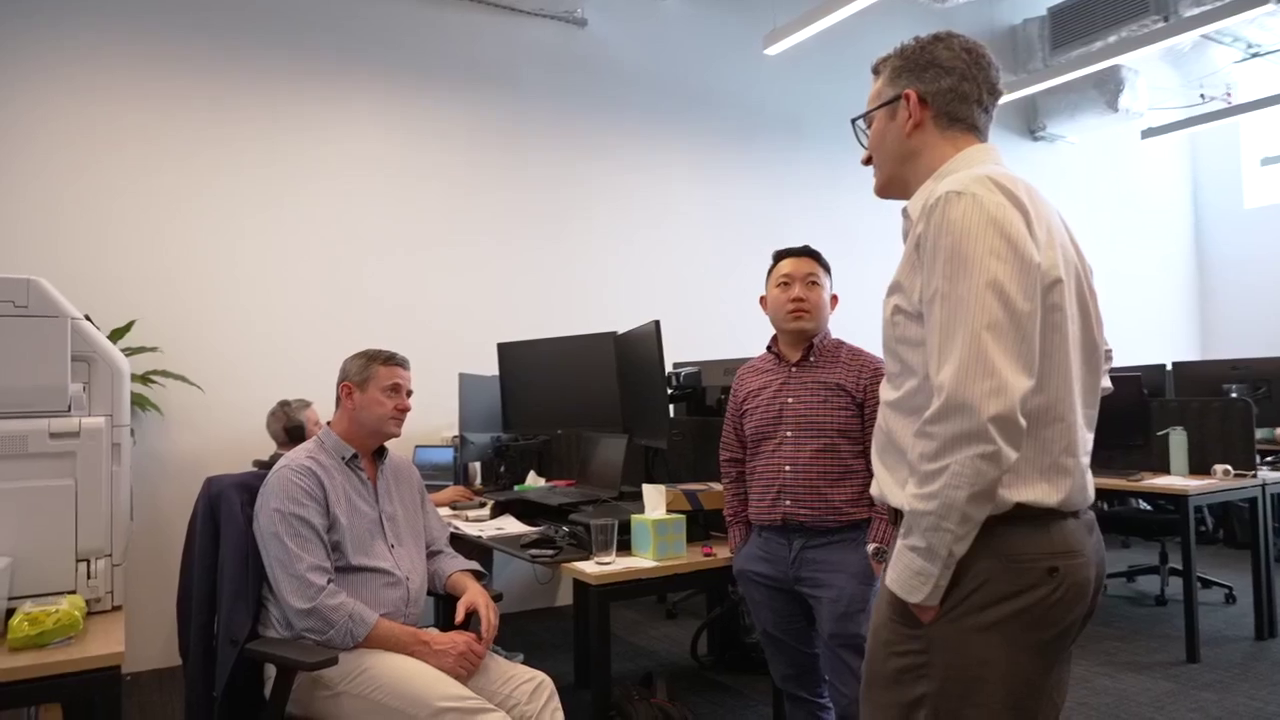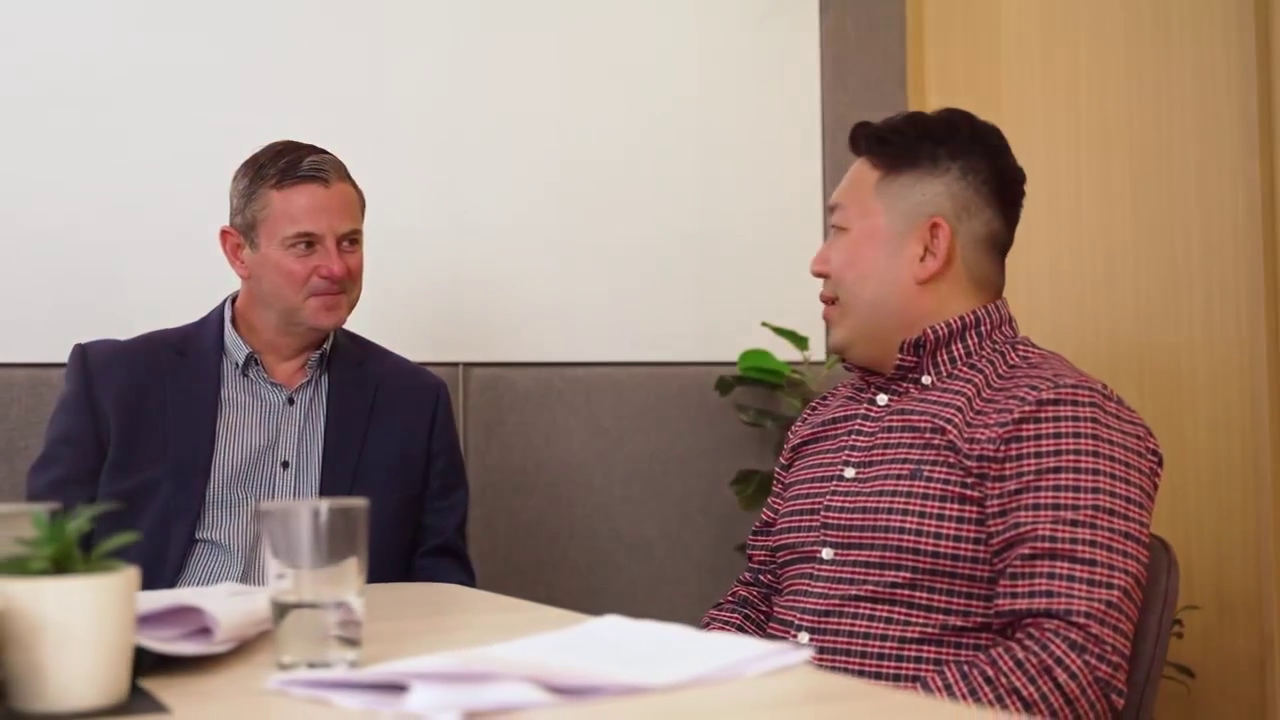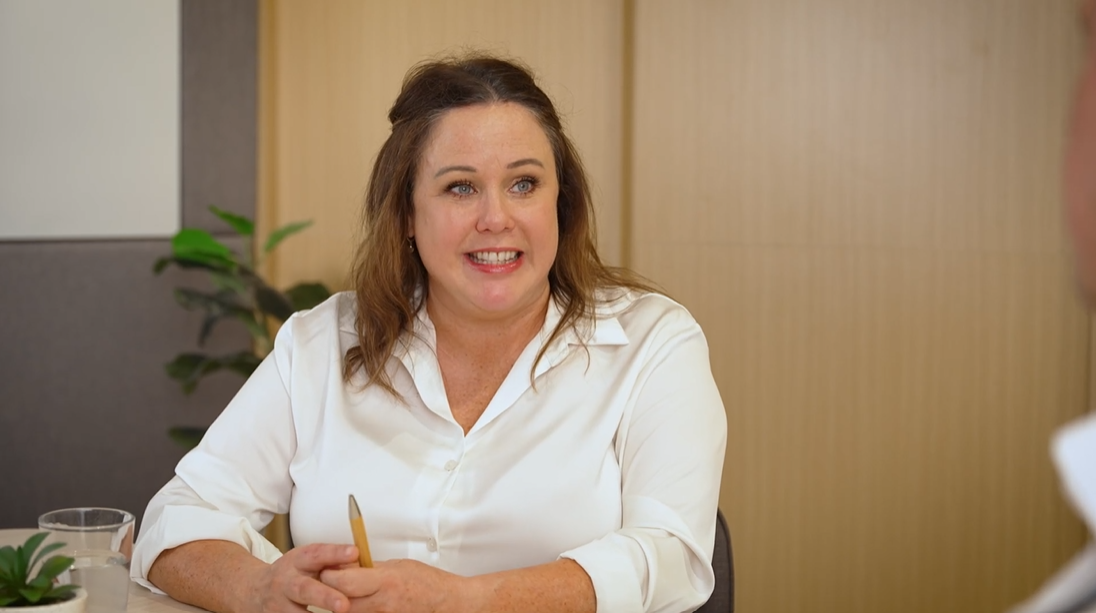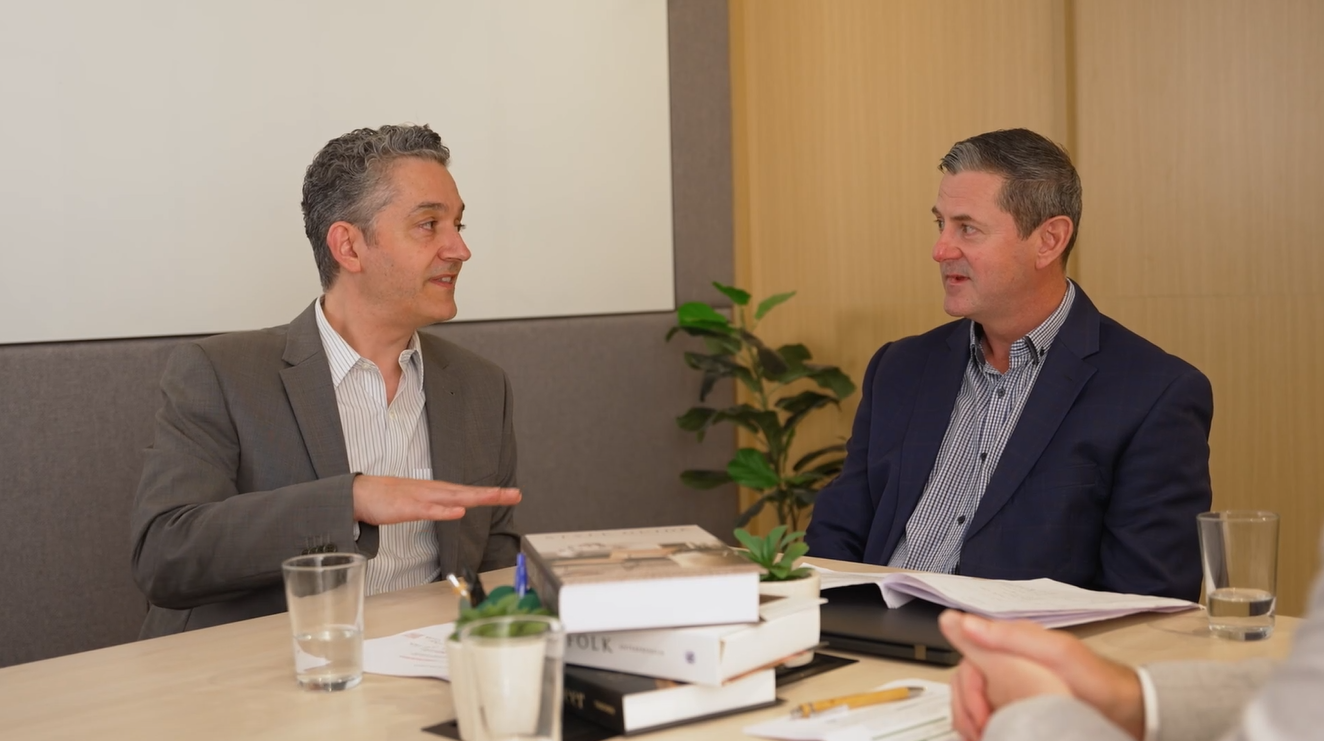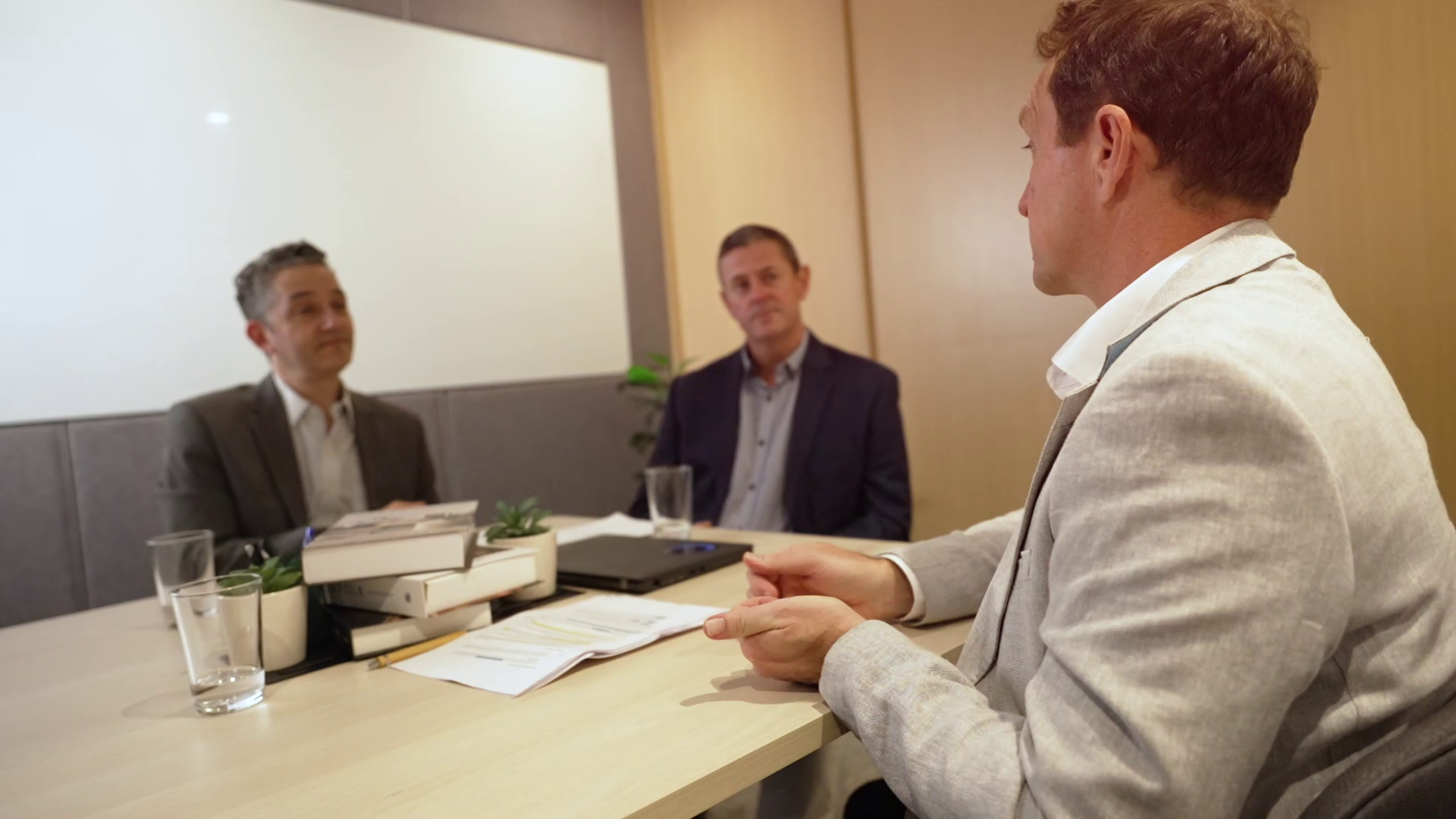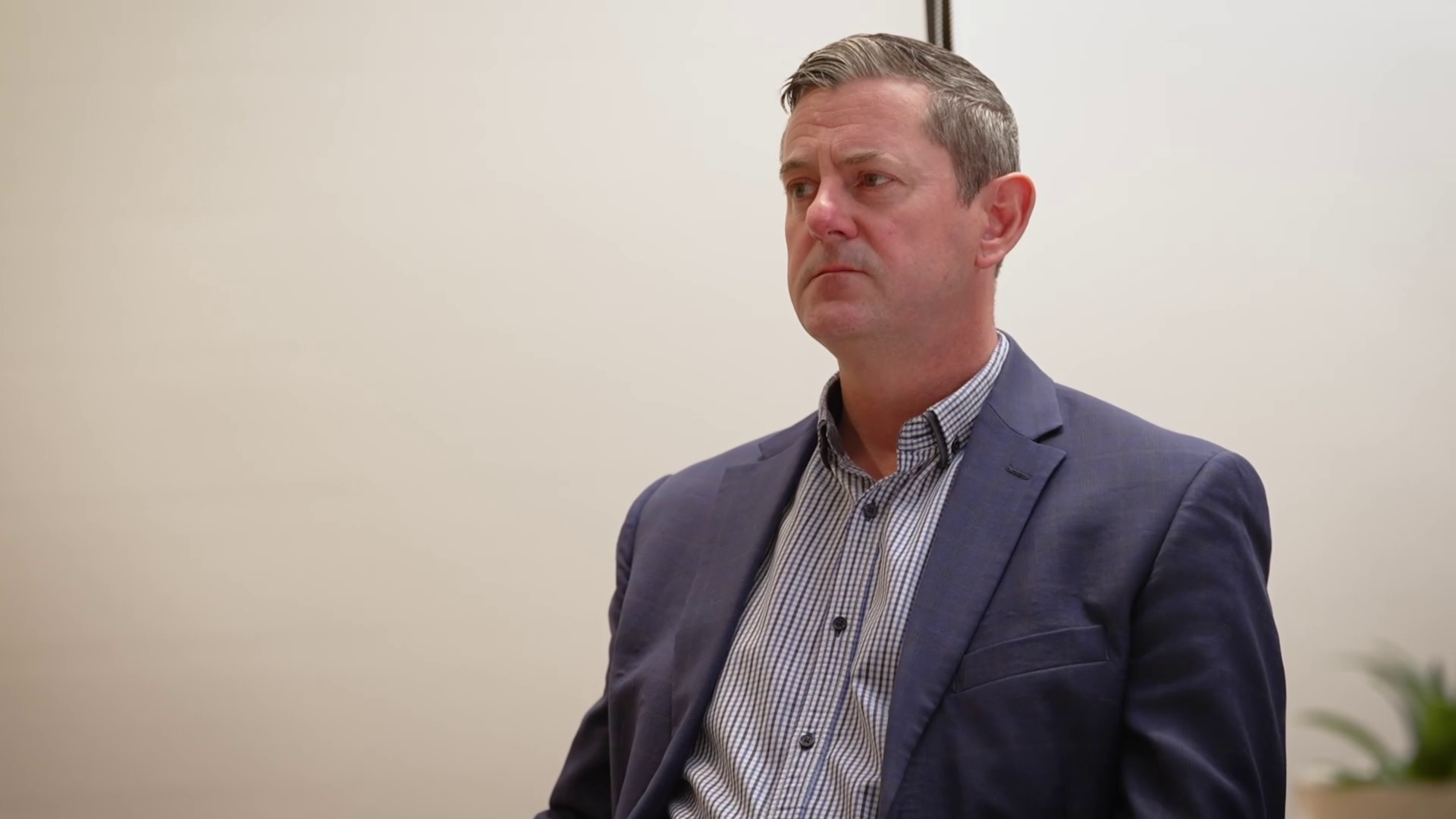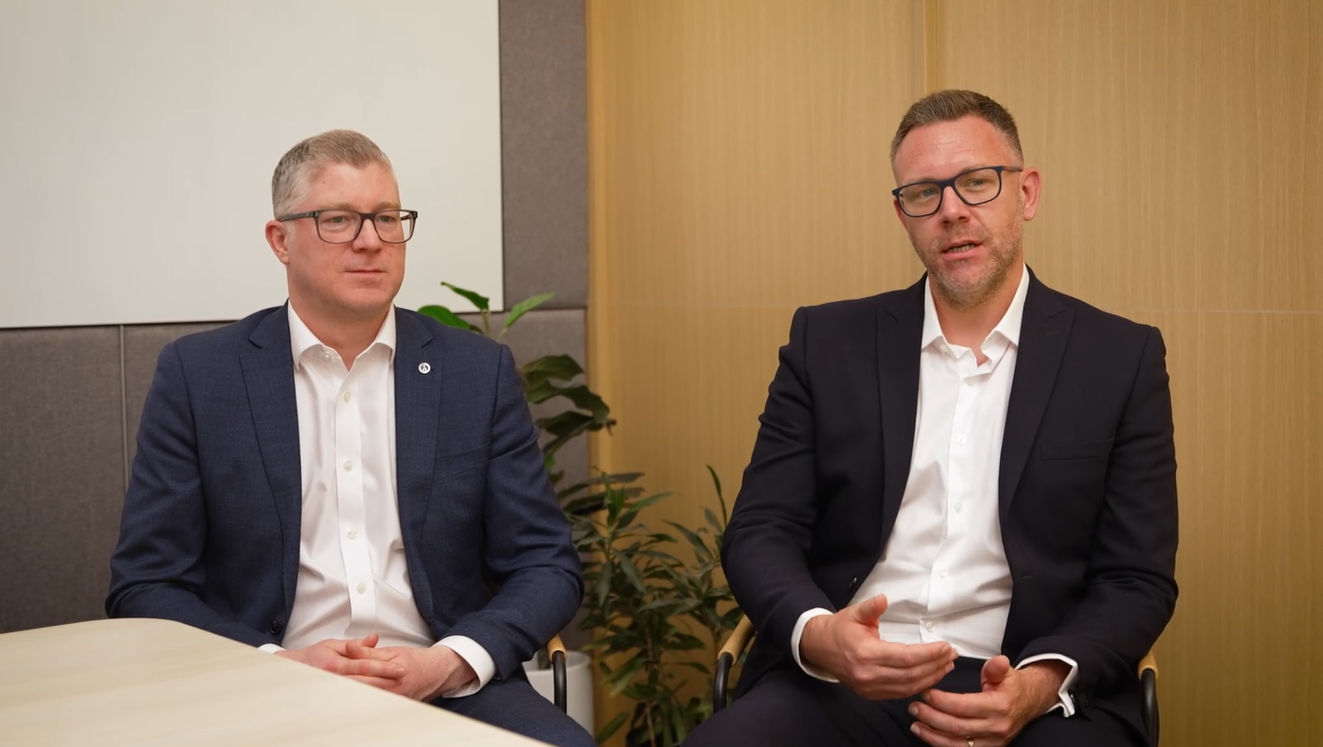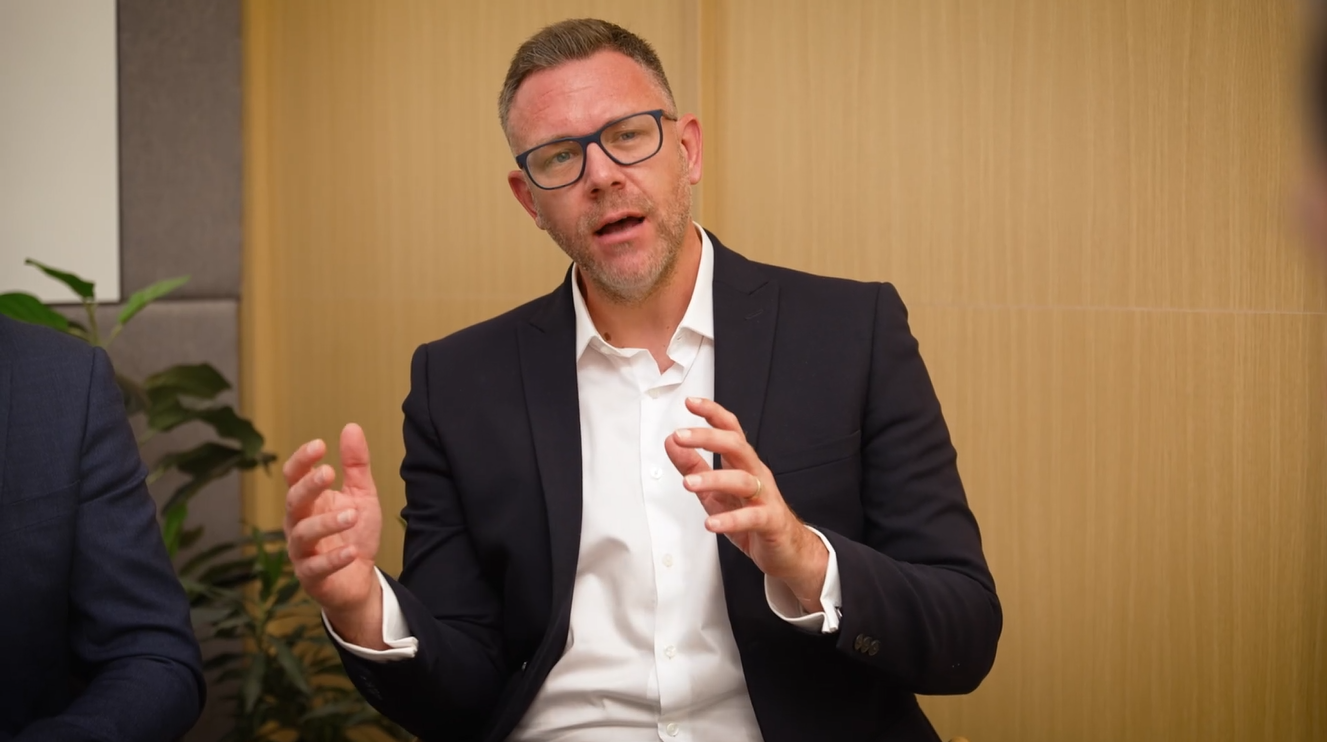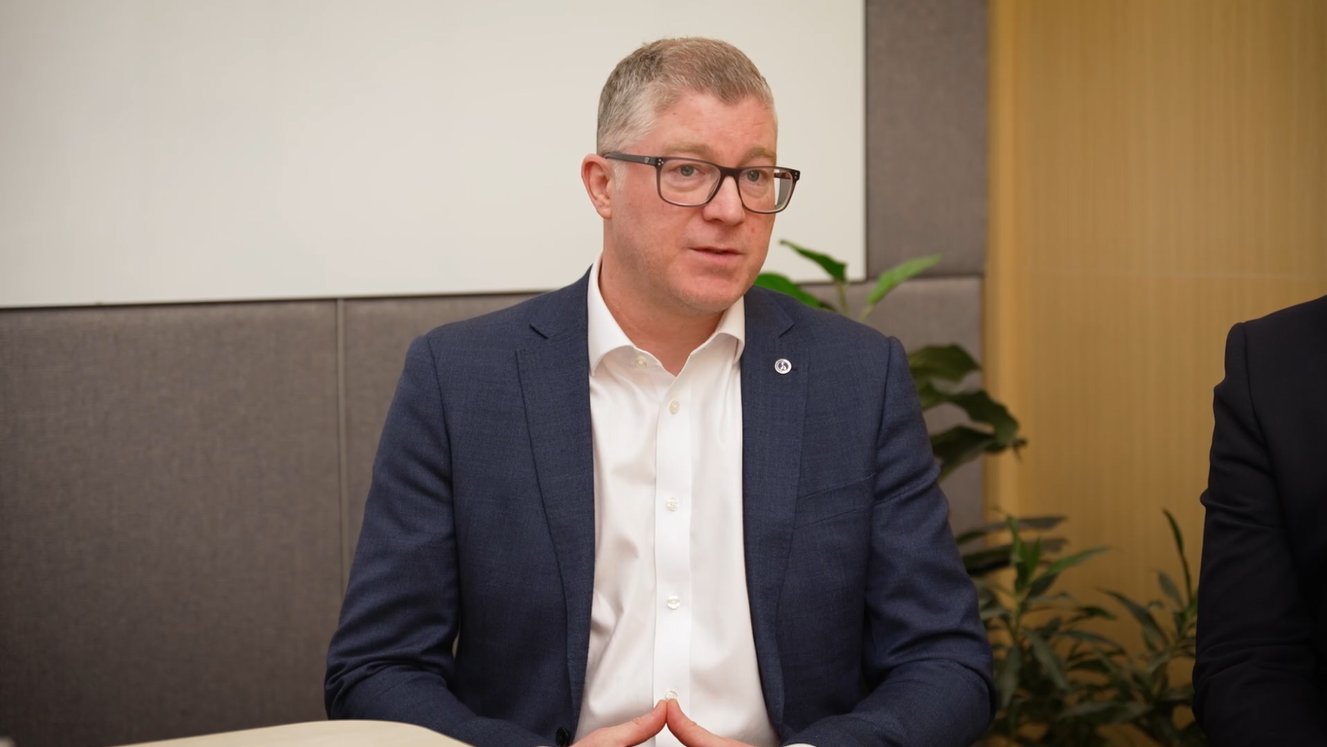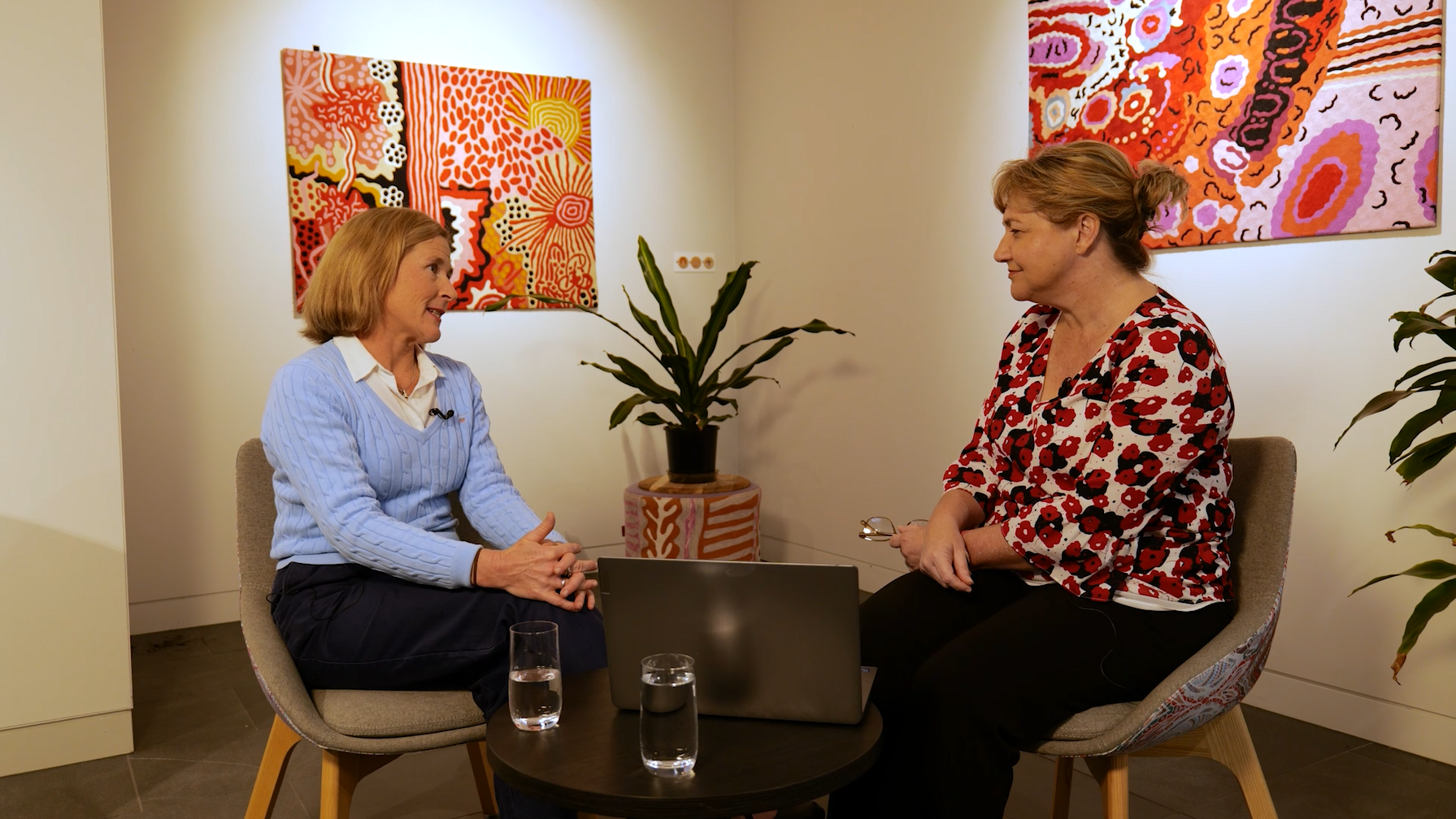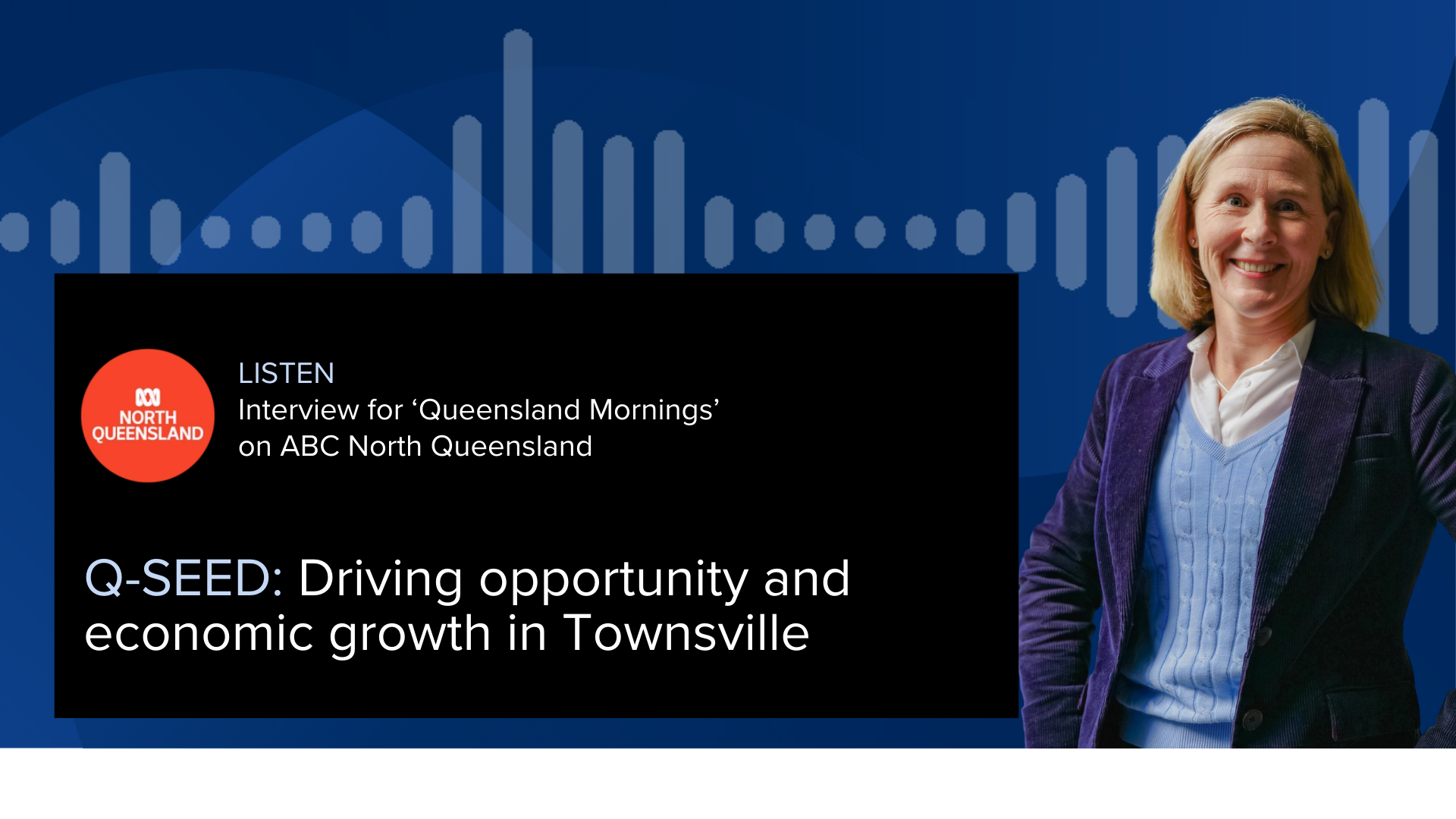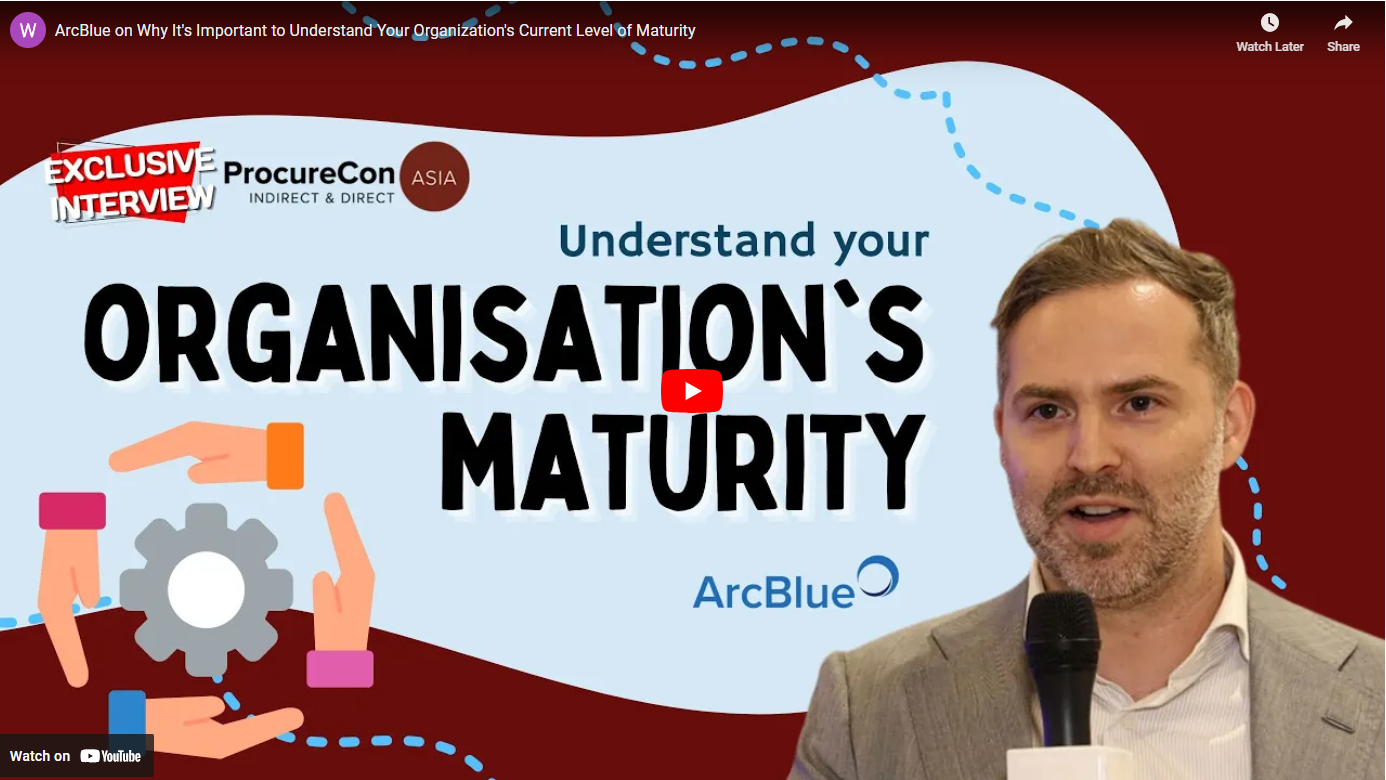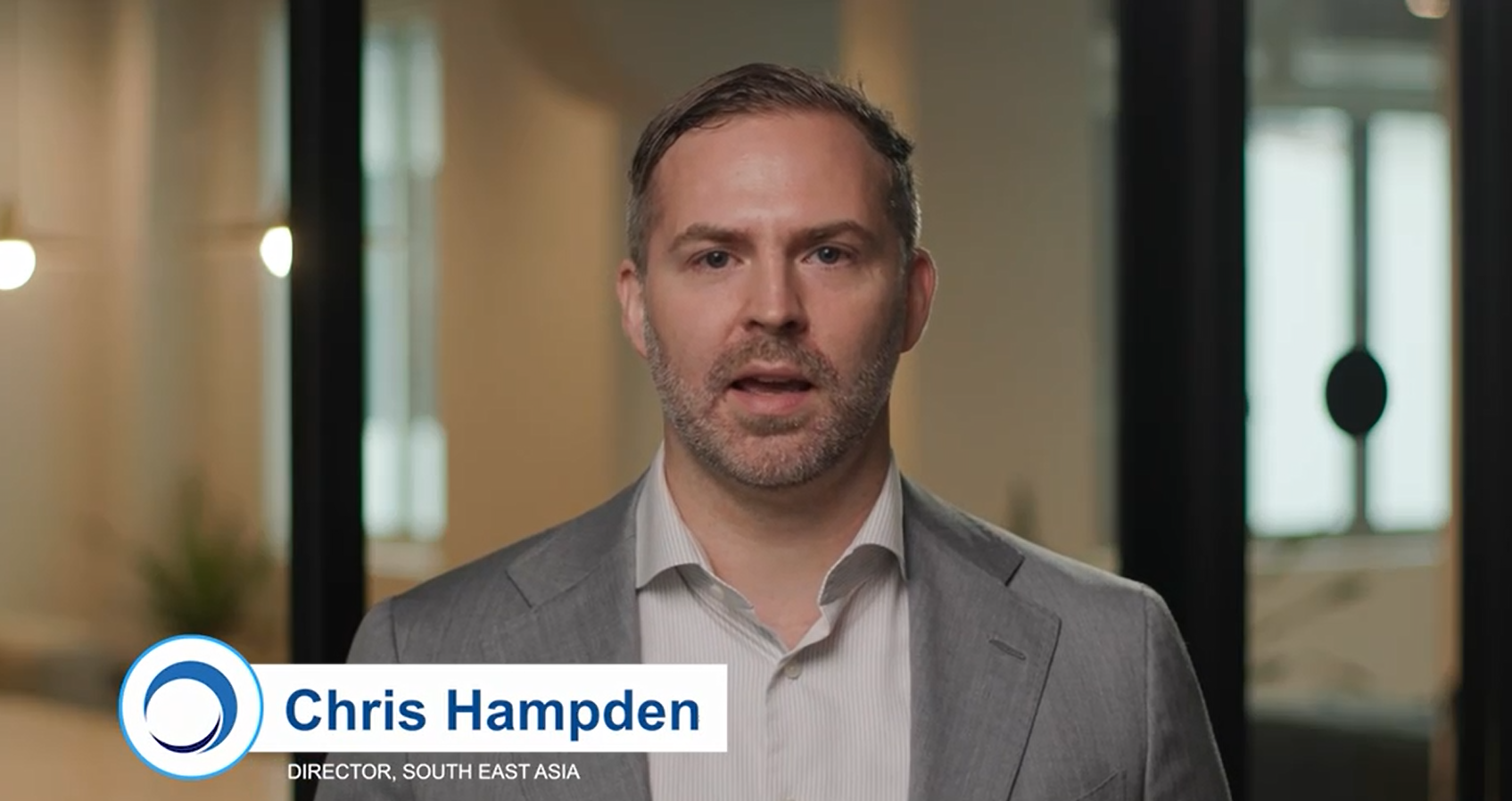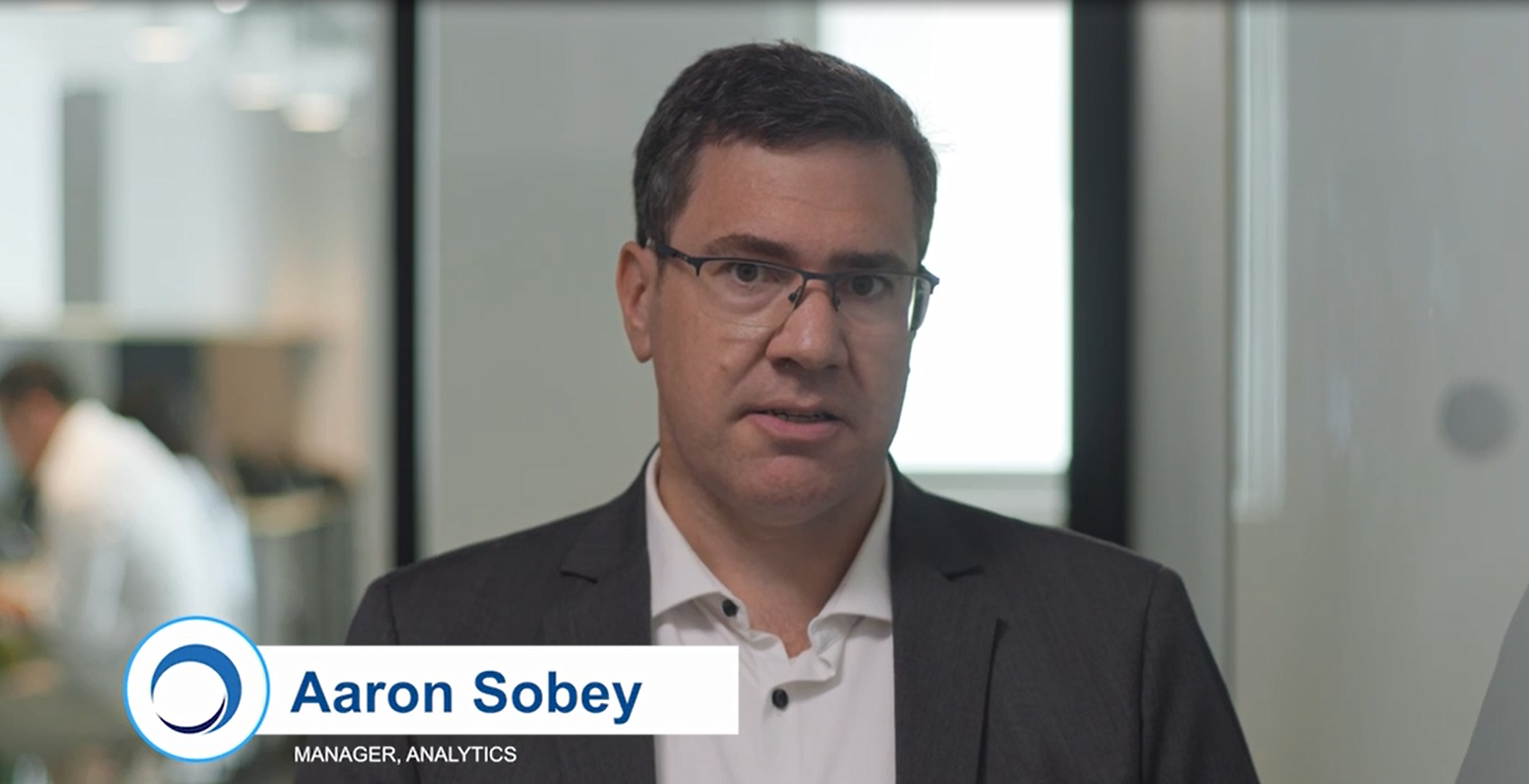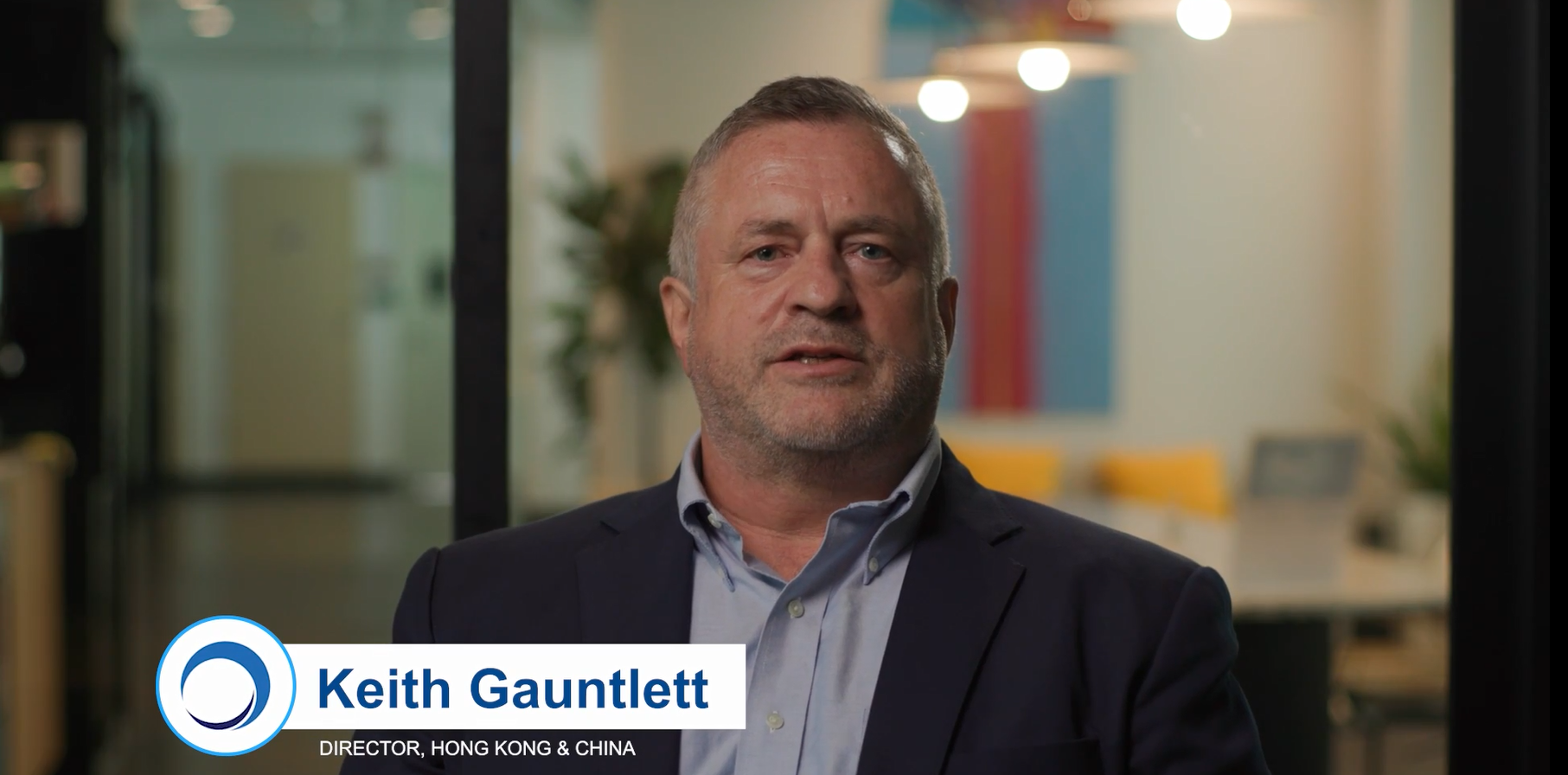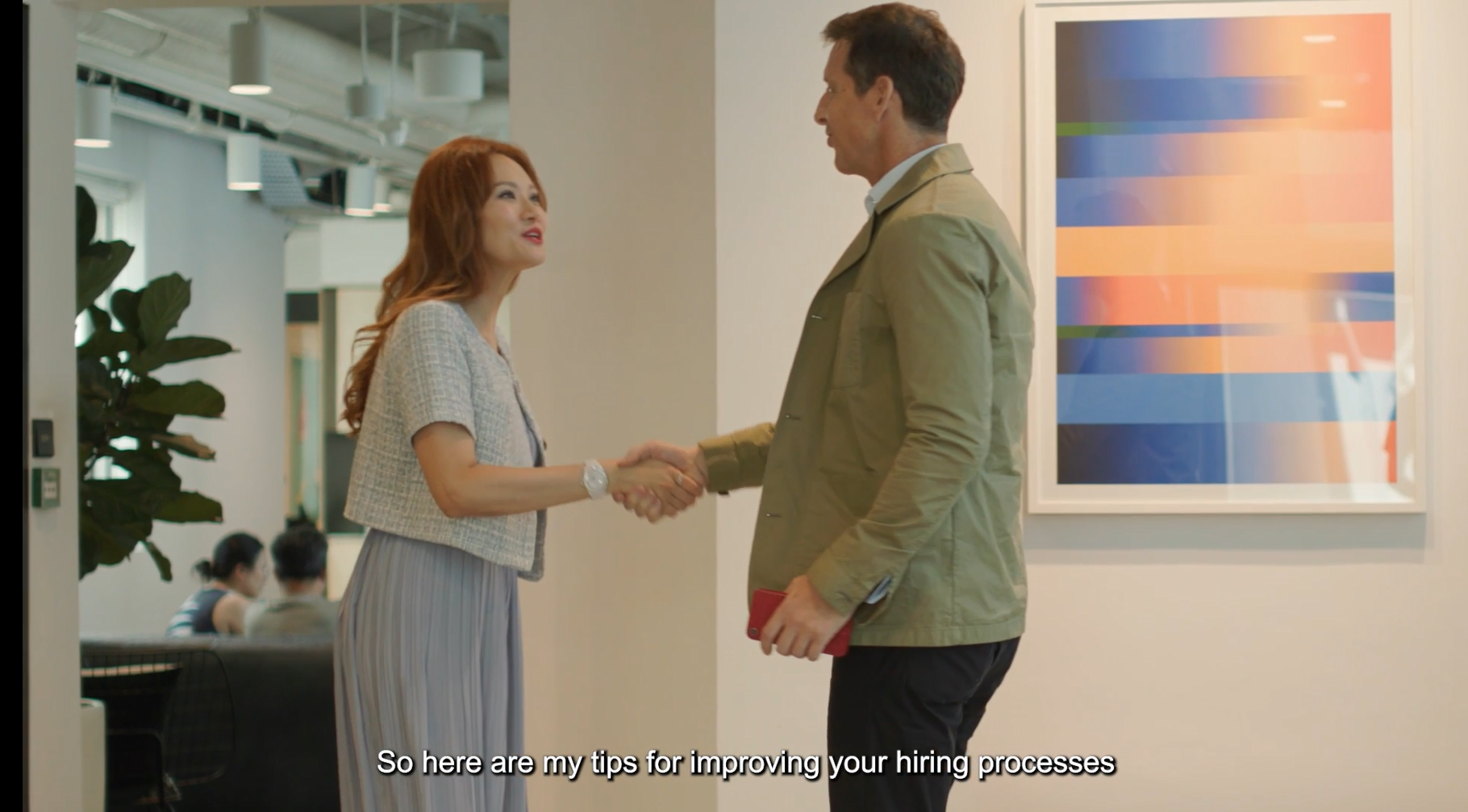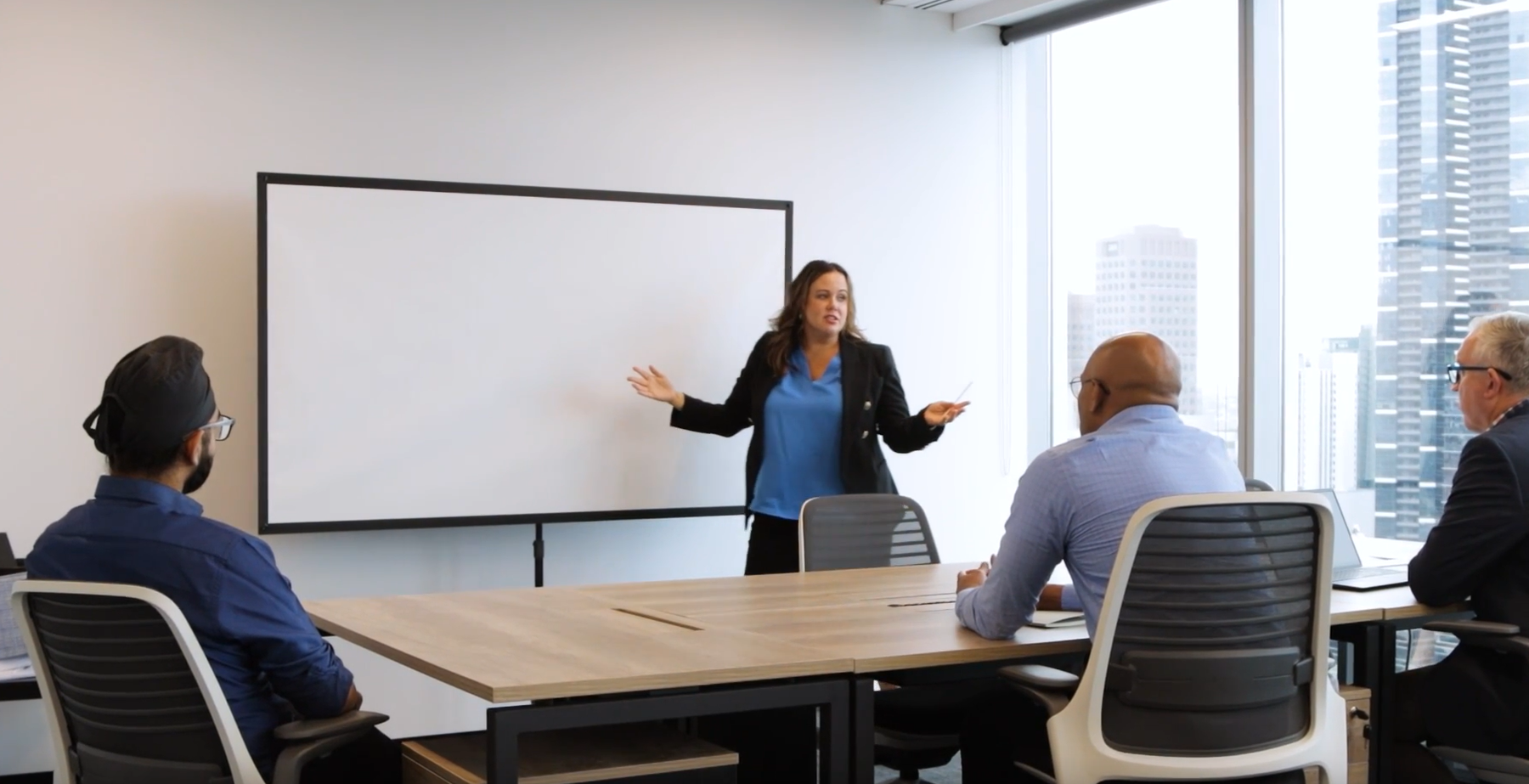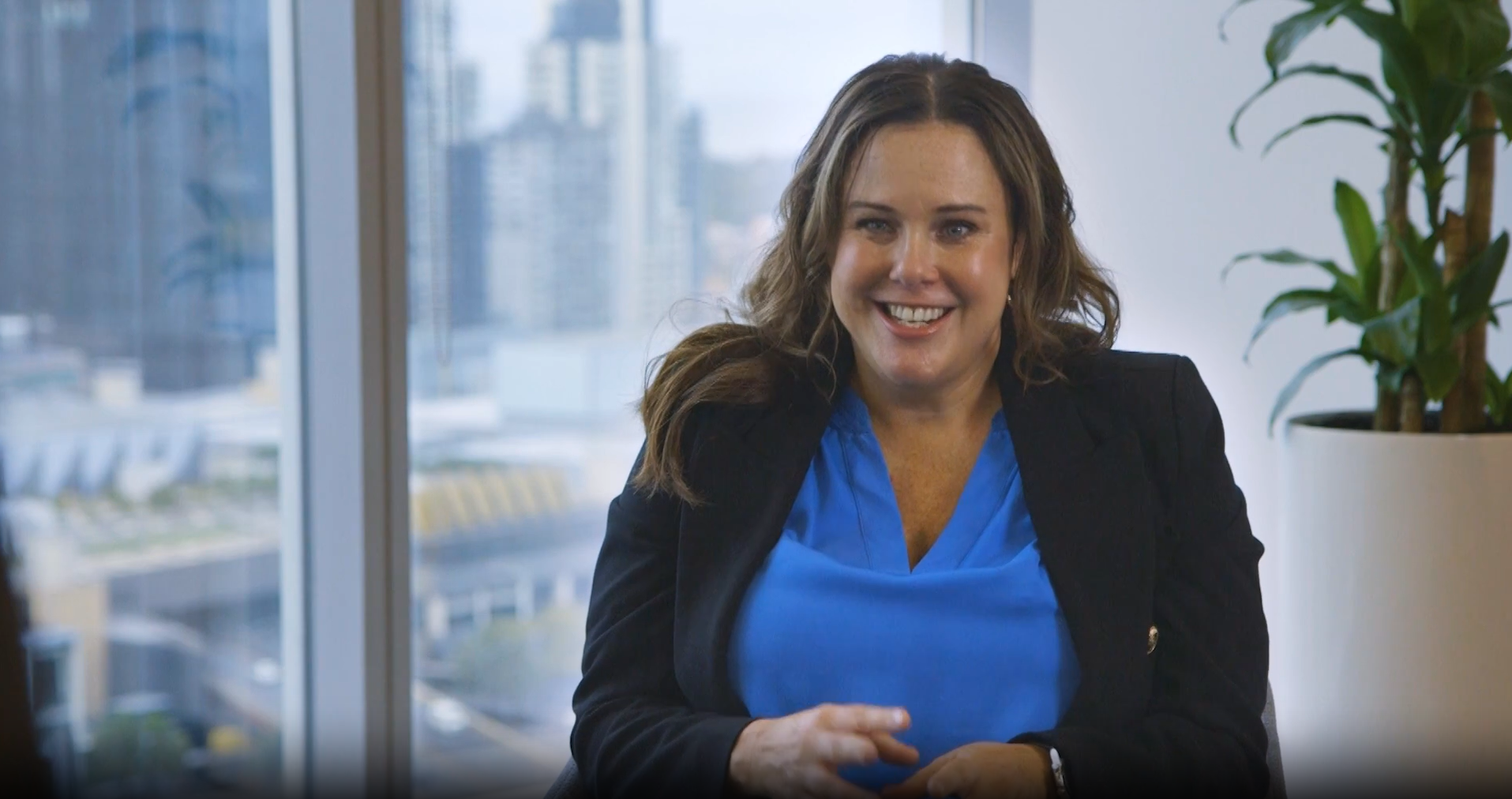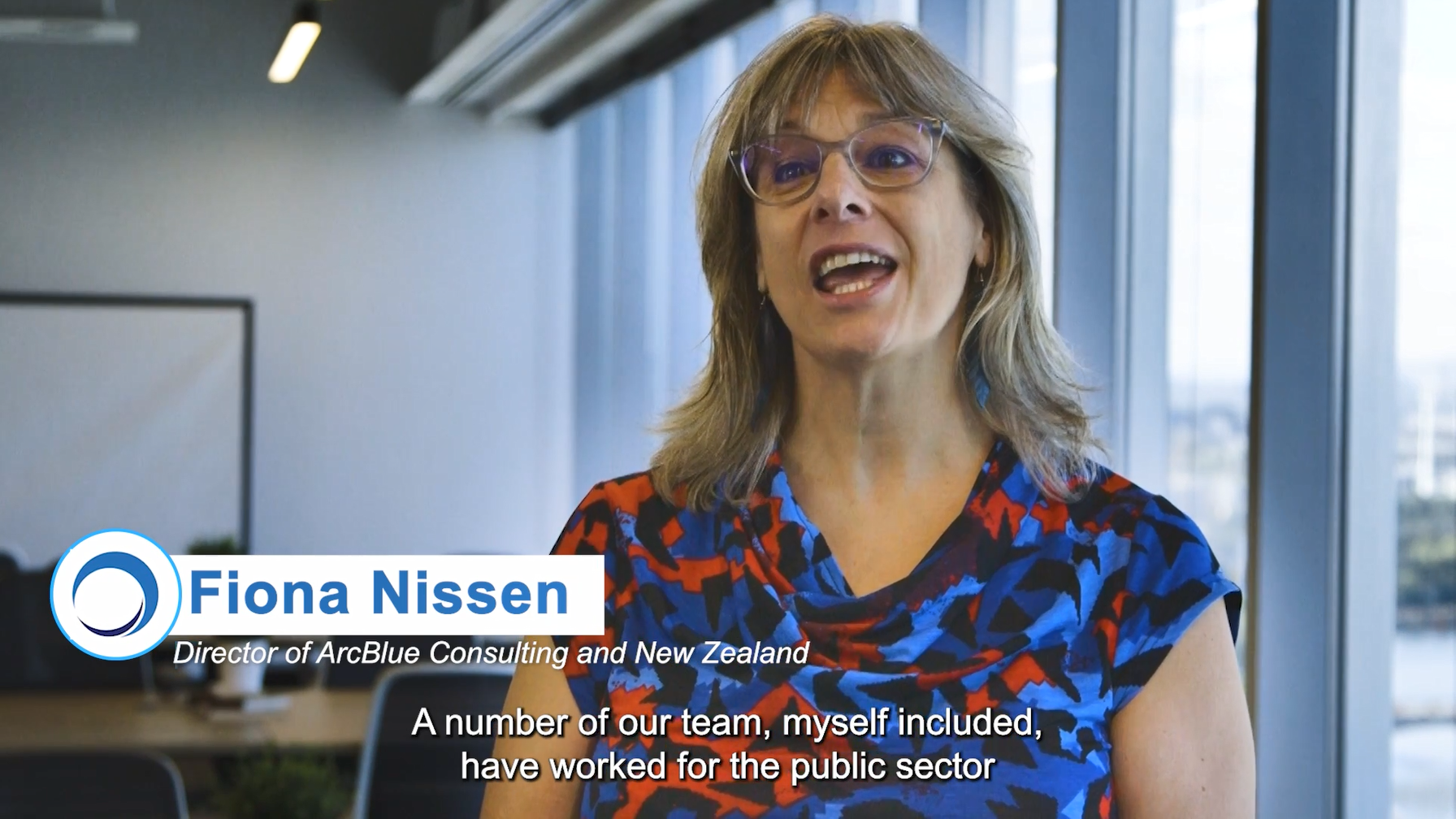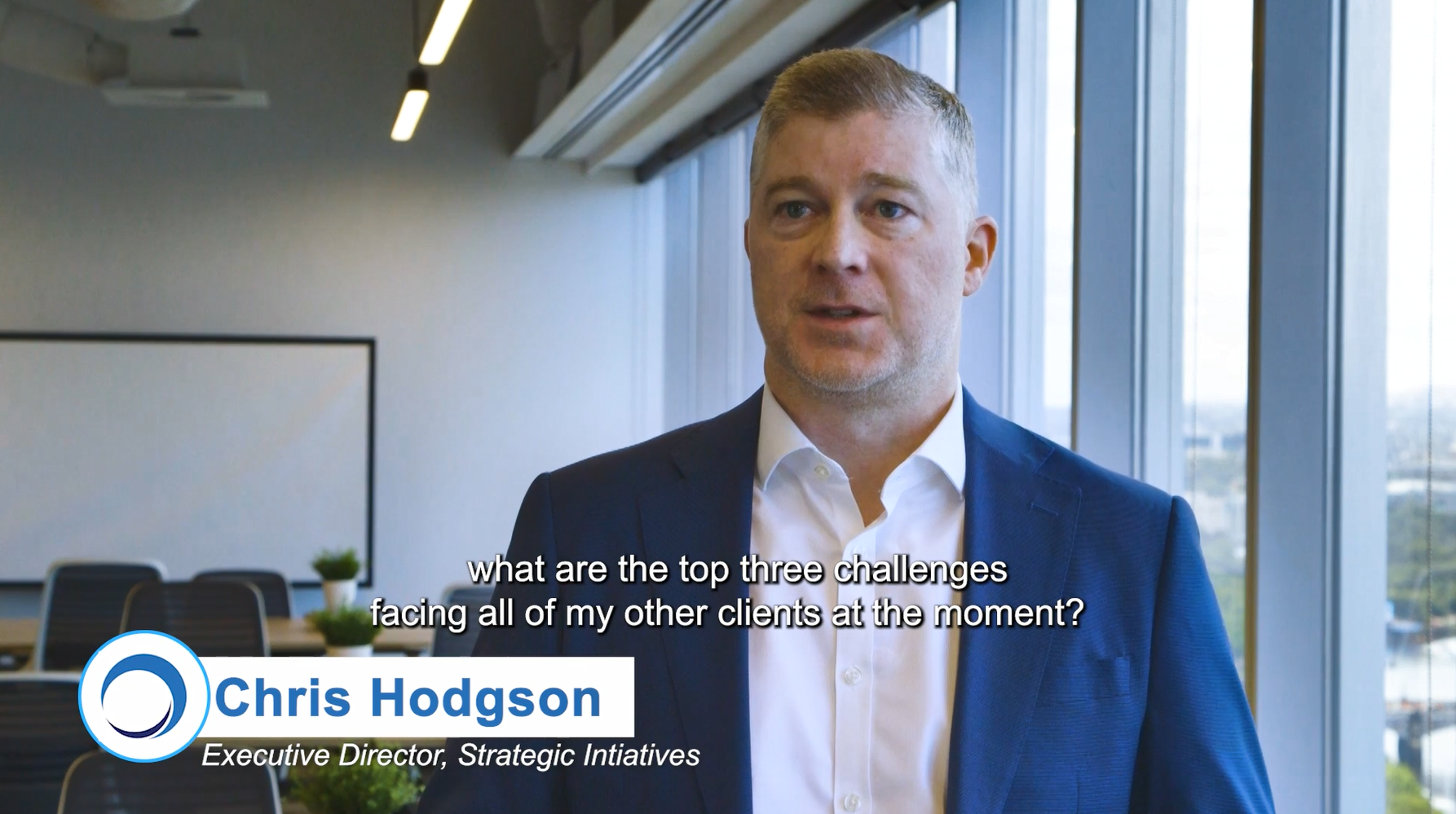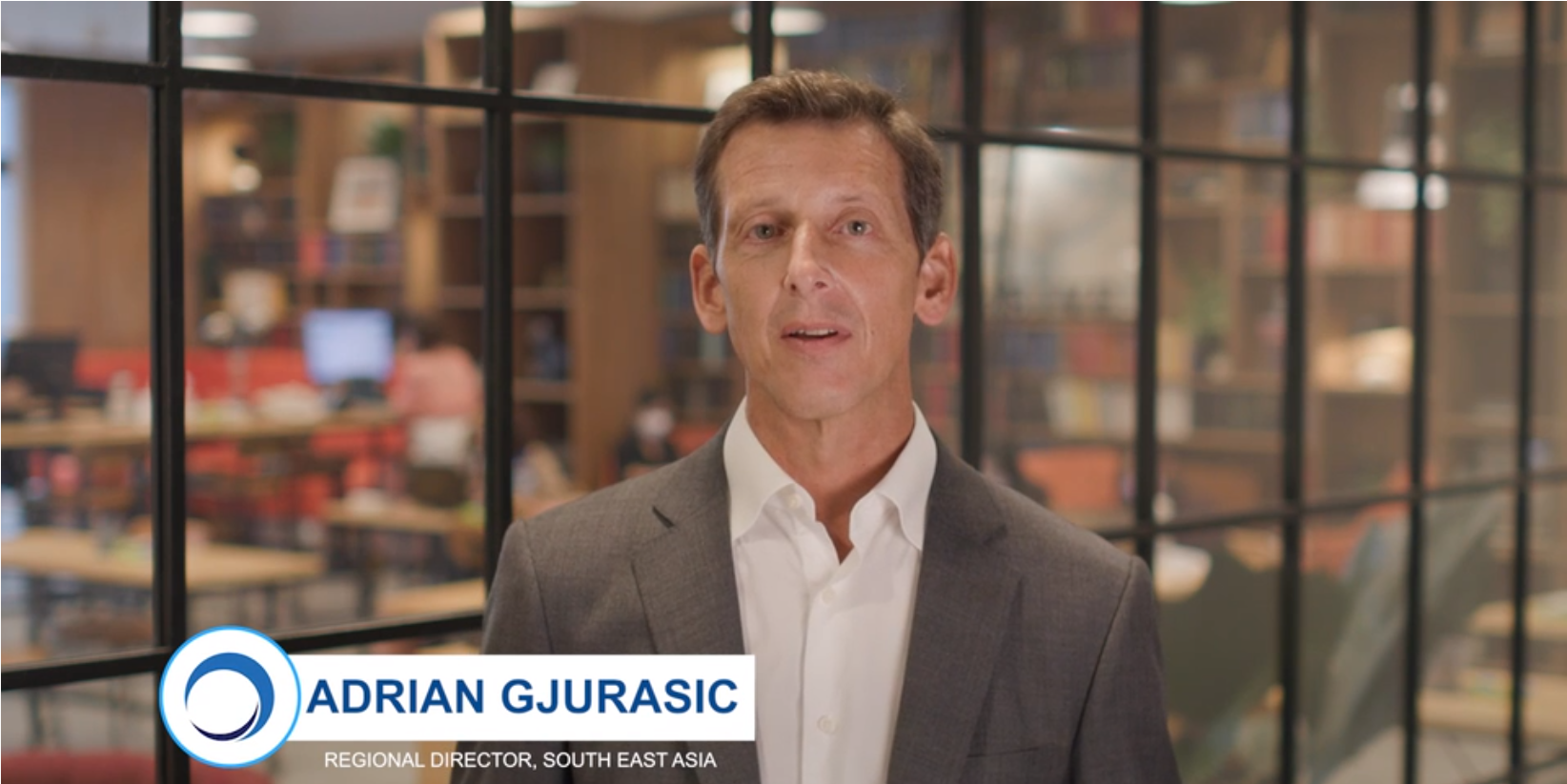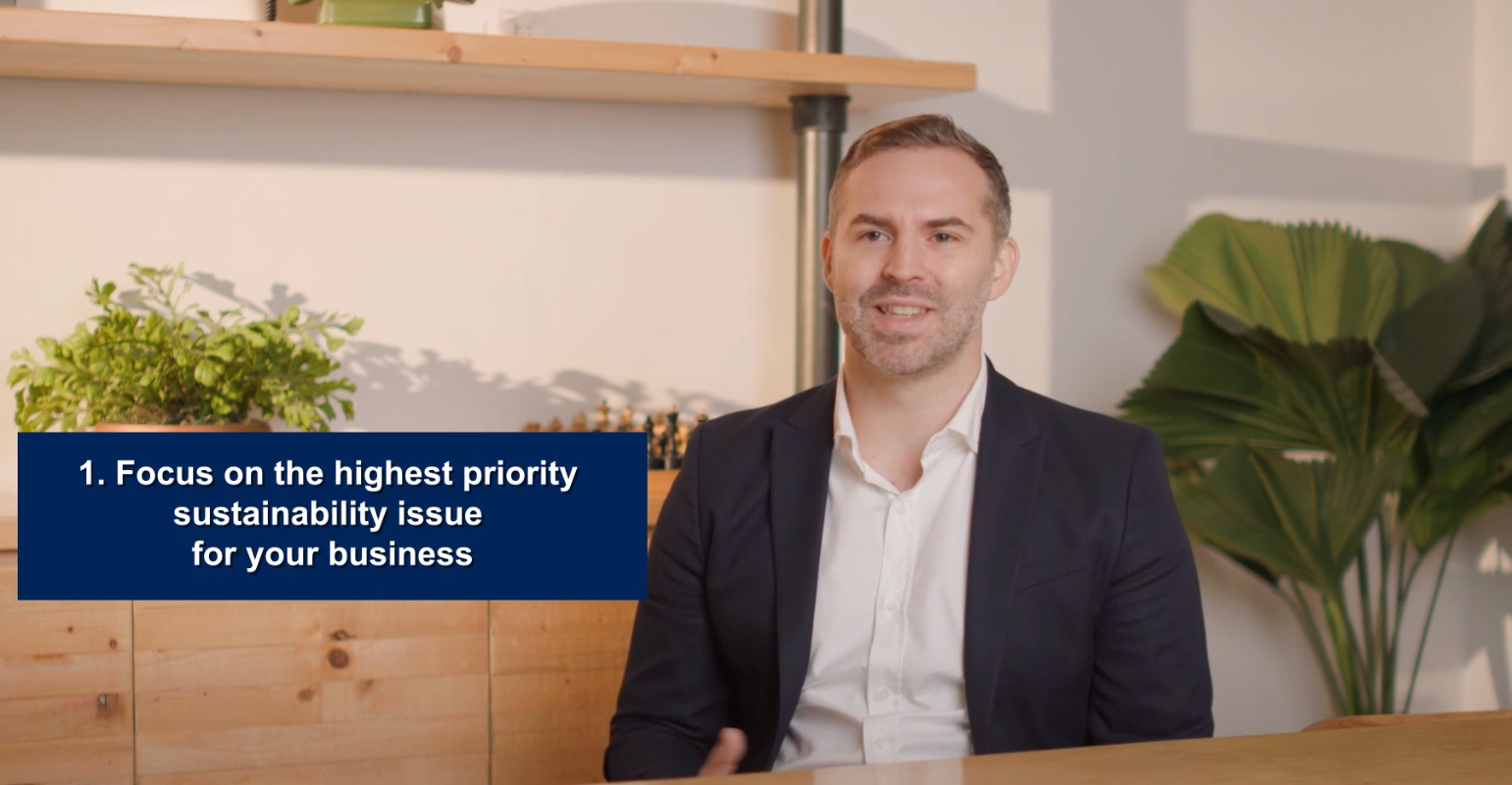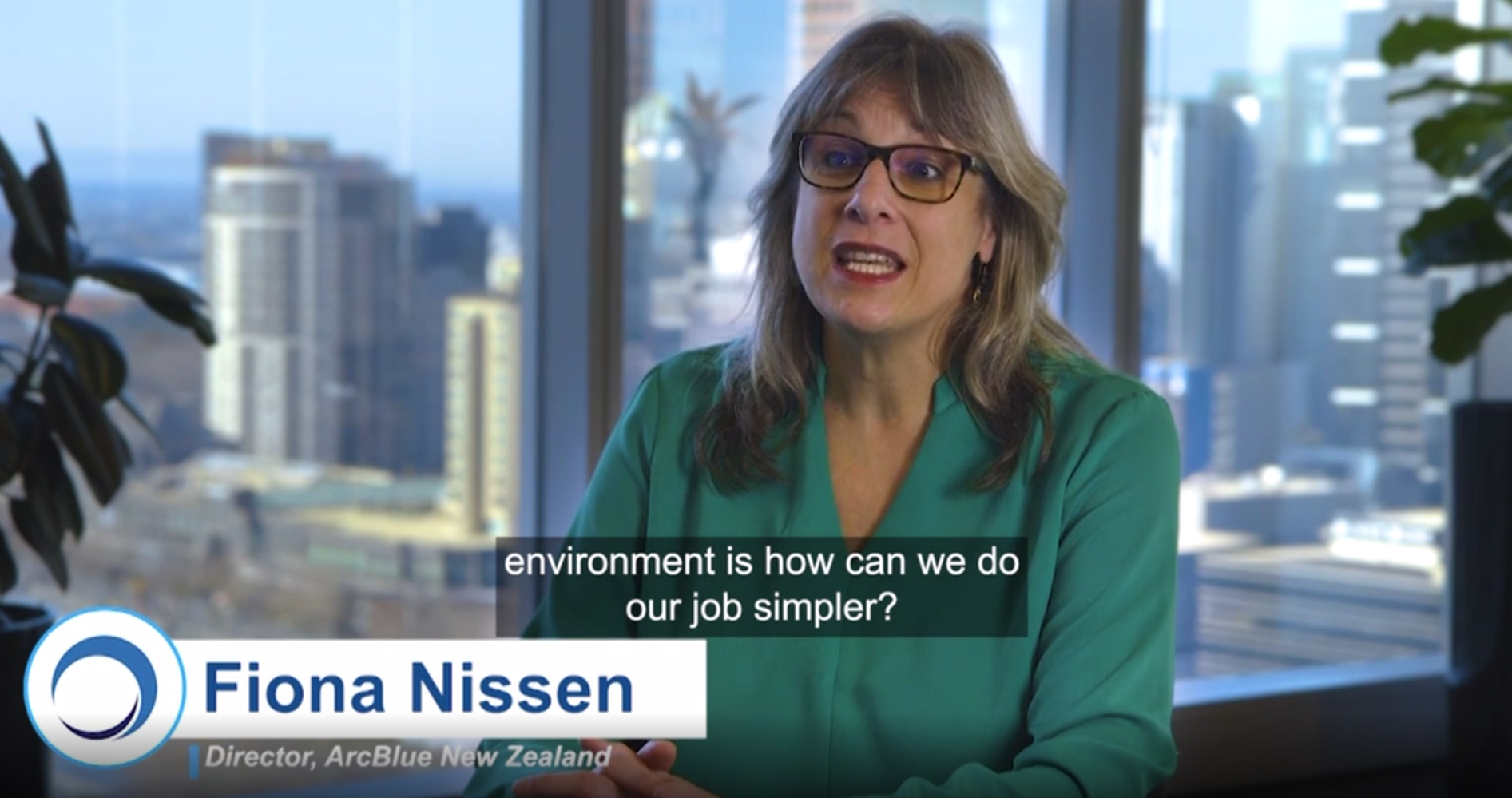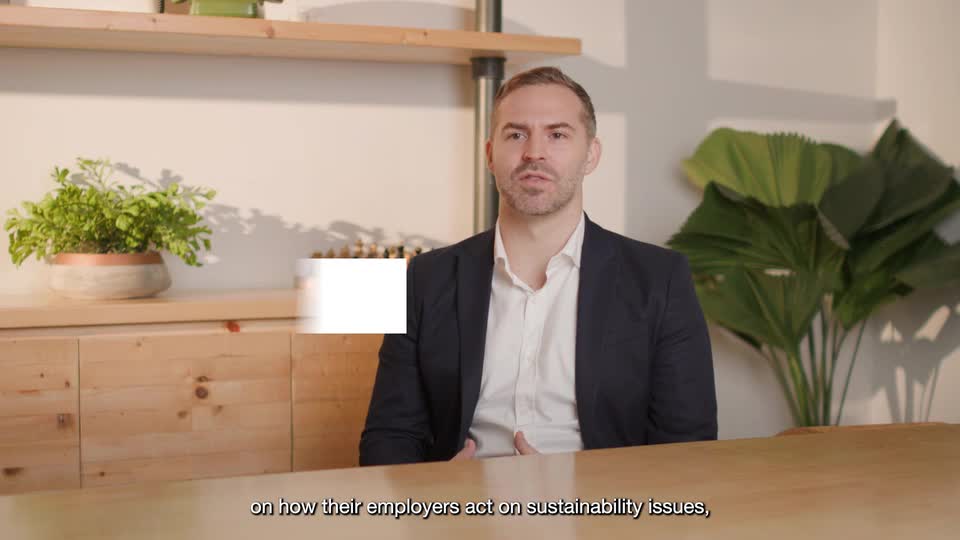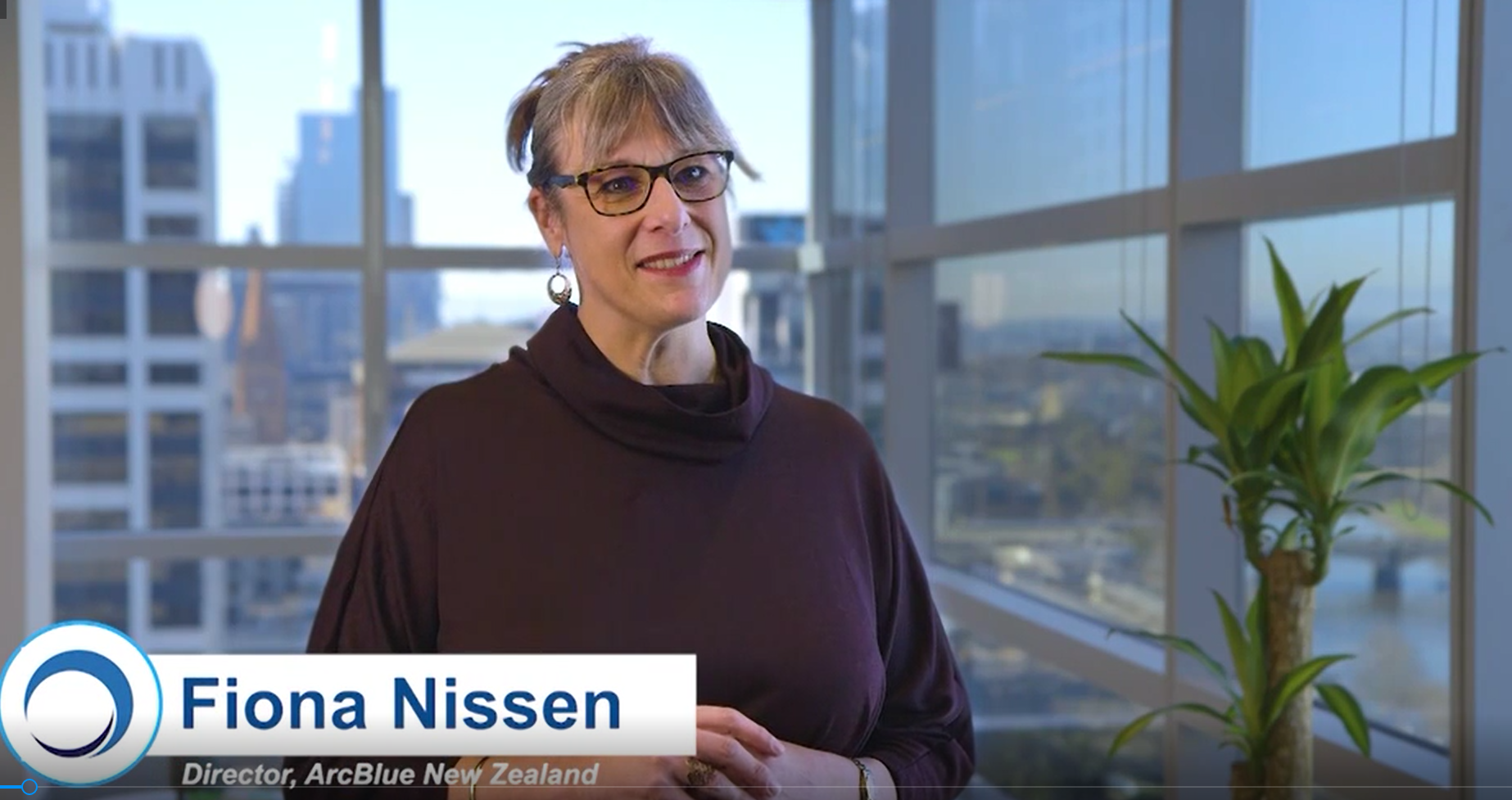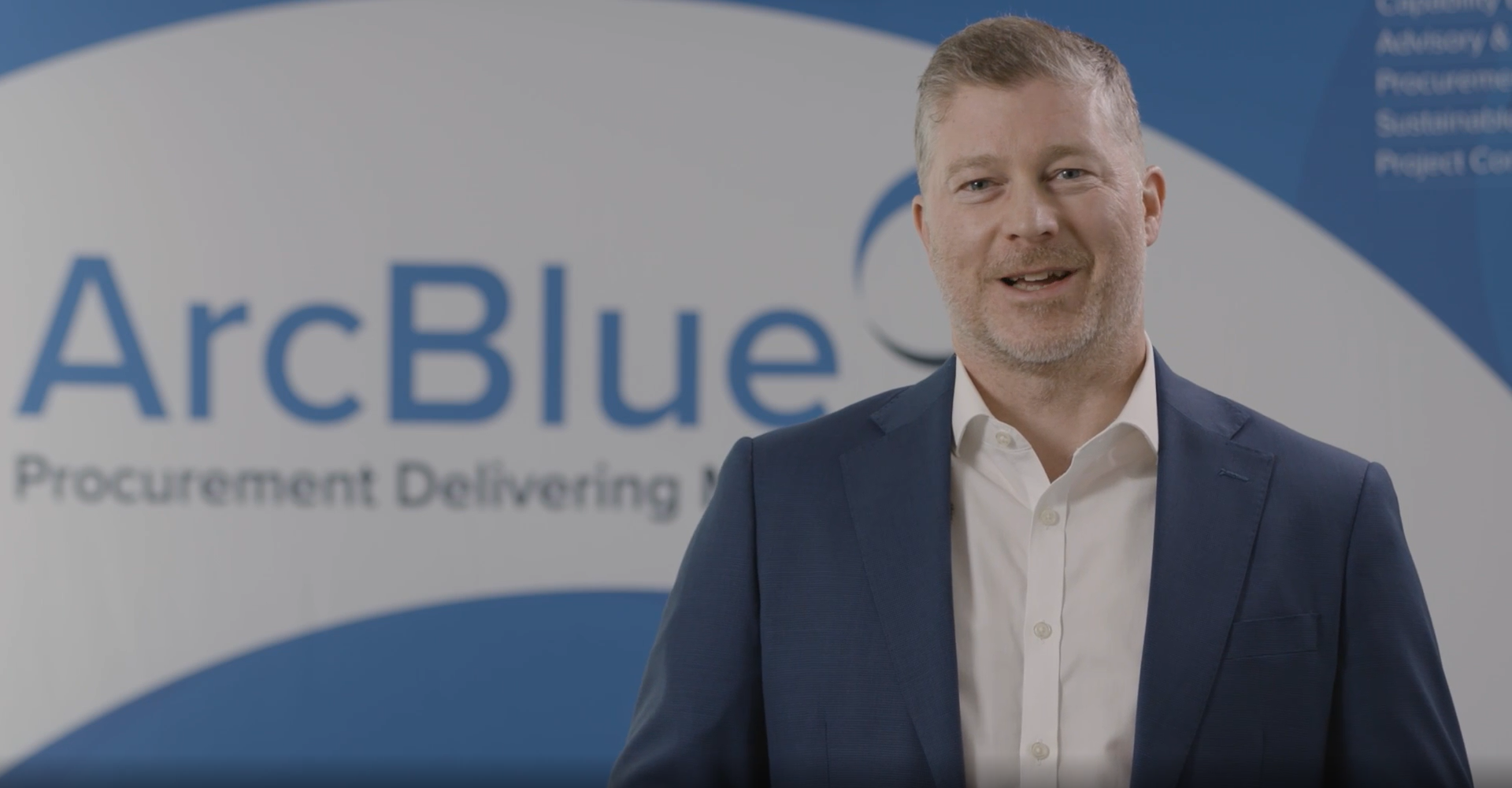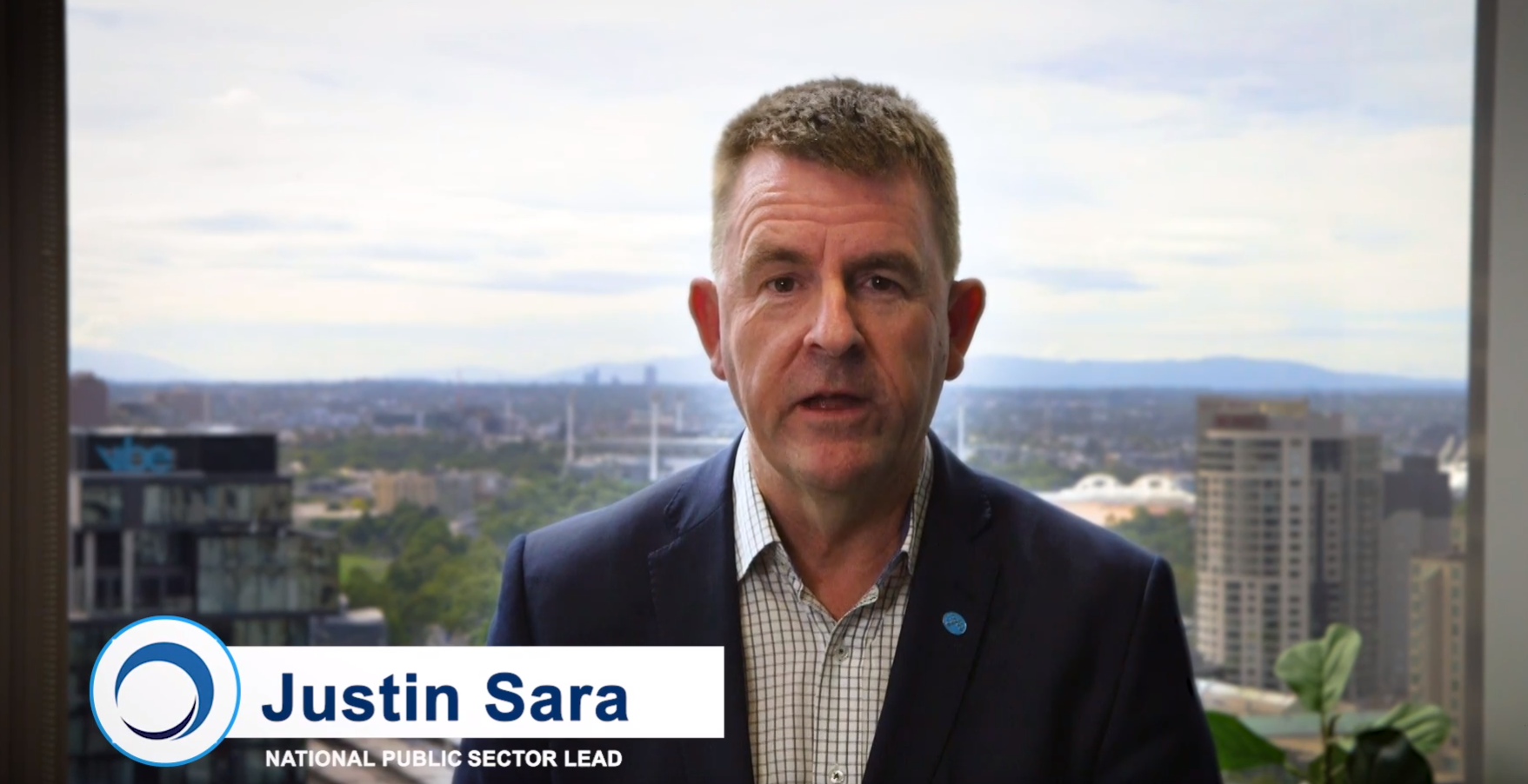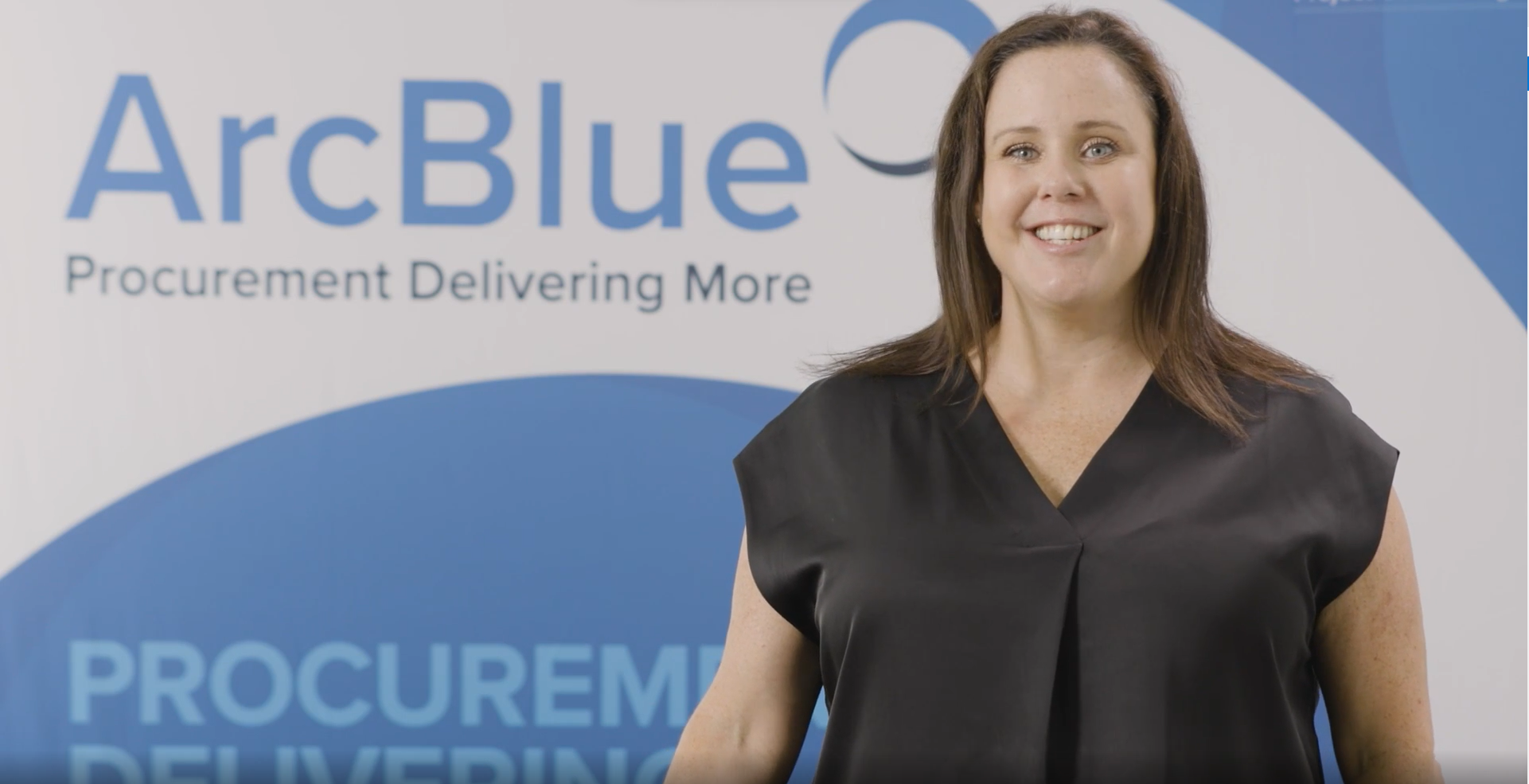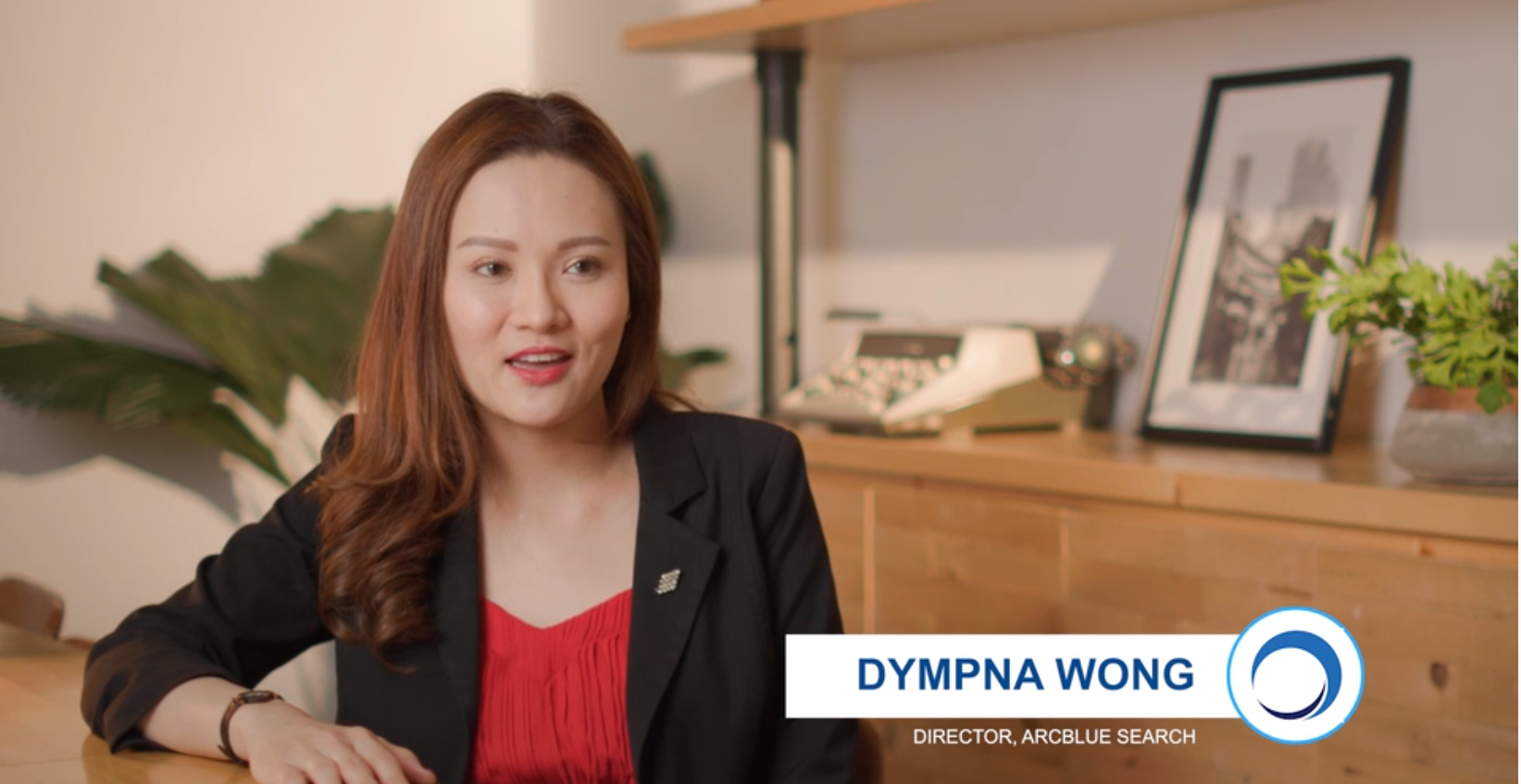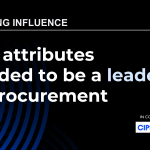- VIDEO
Building Procurement Influence Series:
Part 3 - Influence through Value Generation
January 2025
“When we’re talking about value and how we can influence value, we’ve got to be realistic. As a procurement organisation, we need to look in the mirror, understand where we’re at on that maturity curve and where those areas are that we can add value…” ArcBlue Directors Dan Renfrey and John Pisani join Managing Director Dan Fielding to explore how the procurement function can drive influence by focusing on value creation.
Featured
Related Services
Transcript
Dan F: CPOs have got this opportunity at the moment to really take advantage of the circumstances around procurement. How do we take advantage? How do we make sure we’ve got influence across the organisation?
Dan R: The big question now is how do we move away from cost reduction to value creation? That’s the big question at the moment. I think the first thing is when we’re talking about value and how we can influence value, we’ve got to be realistic. As a procurement organisation, we need to look in the mirror, understand where we’re at on that maturity curve and realistically, where are those areas that we can add value.
I think the first part in doing that is to make sure you have a clear service offering. As a procurement function, what are our objectives? What are we really here to do and what have we got the capability and capacity to deliver? A lot of it comes down to moving away from that traditional objective that procurement has, which is how much are you going to save this year? It’s got to be broader than that – what are the business trying to do from a growth perspective and how does procurement get involved in that? Sometimes it’s helping out with winning bids by looking at some of the requirements that are now creeping into it, like sustainability objectives. There’s always the returns component, and that’s traditionally where we’ve played. But it’s not just about cost off the bottom line; it’s about working capital improvements and being a little bit more creative in that return space than what we traditionally have.
The other two that we’re starting to see creep in a lot more is the importance on integrity within a business, and that’s your traditional compliance space, but also, Scope 3 emissions and all these things that are helping contribute to the broader objectives of a company on how to be a better corporate citizen. That integrity space is becoming more and more important, and good CPOs are starting to build those type of objectives into their organisations.
John P: And we’re definitely seeing a lot of that integrity around public sector and social procurement. There’s a big focus on ESG and everything at the moment, so the government processes that you see in public sector are driven from policies that come from the top. The market and the procurement processes are being forced into making sure that everything you buy has an element of social procurement or responsible procurement activities, which I think is really great. I think the challenge that you often see in public sector is, there’s a lot of focus on that and there’s a bit more happening in the savings area.
Dan R: Traditionally, we’d been in that cost reduction space, and I think what I’m seeing is, the key to moving along on that maturity curve towards value creation is all about these four knowledge types.
The way I break that down is, we can start off with functional knowledge – we’re all procurement experts, we know our function, we know processes, and we add value through being as efficient as we possibly can in that space.
But then the next part is this whole category management organisation that we’ve started to create – and that’s the technical knowledge. I look at that as being – how do we align ourselves with the core business expertise and unlock value through technical knowledge?, and really understanding the latest technologies in a particular field, or the latest processes, or the newest suppliers that have come into a particular space and then understanding the value levers that we can apply within that portfolio of spend.
The other two that were sort of left with are – geographical knowledge, and that’s one that people forget about a lot. It’s good to know how we can unlock value, but you’ve then got to overlay the geography. Is it going to work in, say for example, this remote location that we’re operating in? Or will it work for this particular type of environment where we might have, say, a wet season? It’s seasonal factors that come into play, and that’s a big part of unlocking value.
The last one is specialist knowledge or consulting knowledge, and that’s where you recognise that you don’t necessarily have the expertise, but there’s others out there that do. And it could be you’re embarking on a project that’s going to require a lot of international logistics and trade control compliance and these sorts of things, and to be able to tap into that will sometimes unlock enormous amounts of value.
That’s the way that I look at influencing an organisation – moving away from that traditional cost reduction focus to value creation.
KEEP WATCHING







